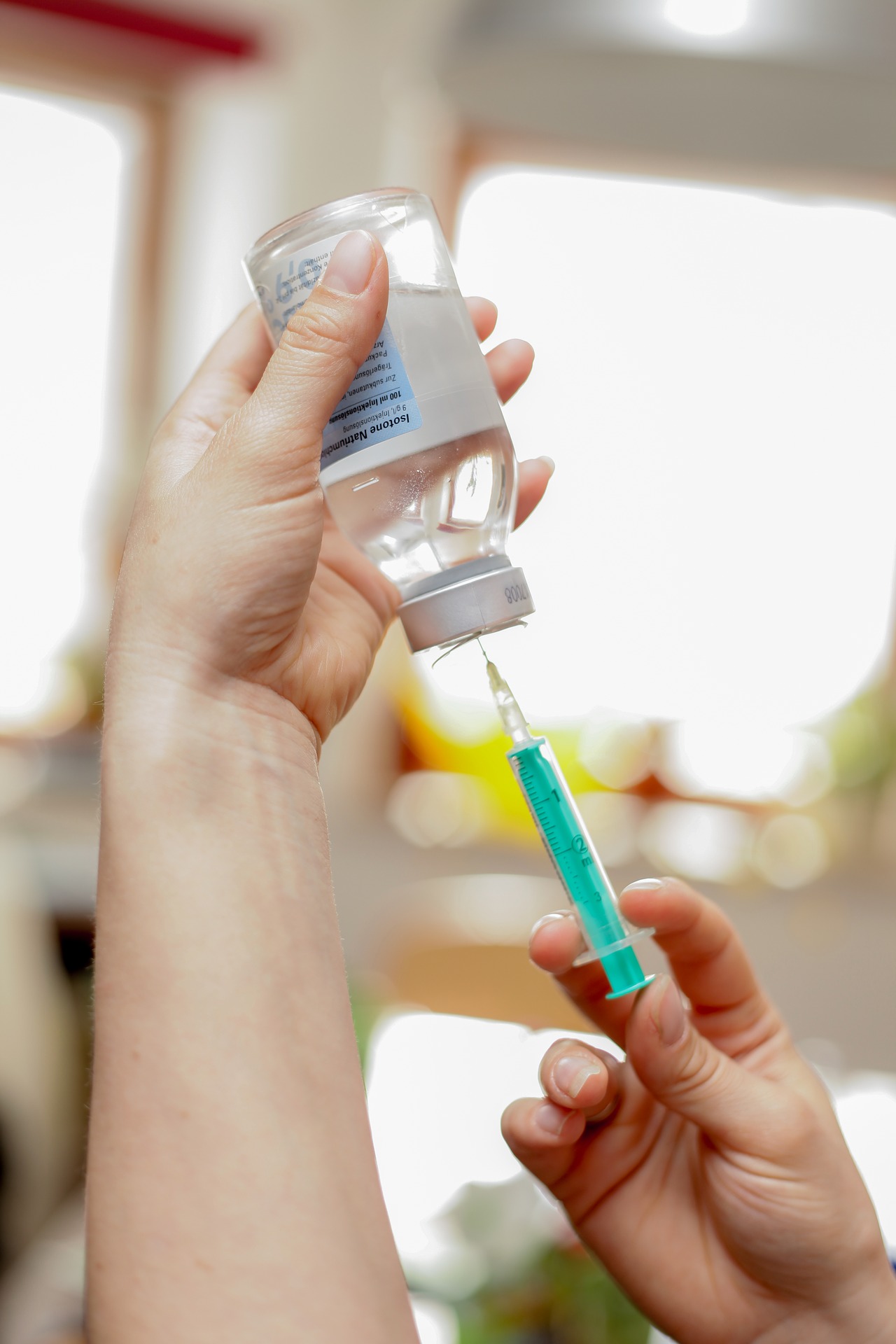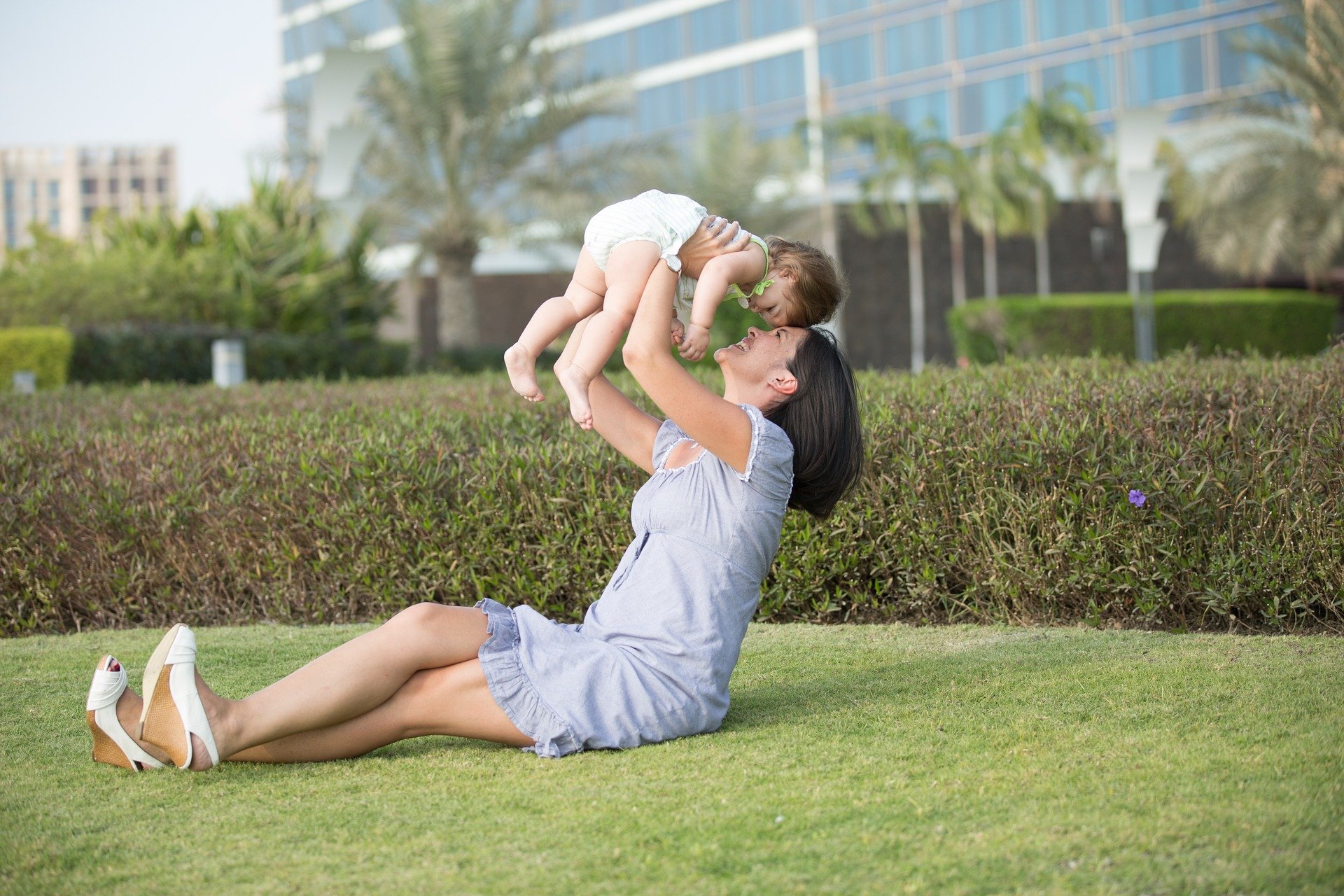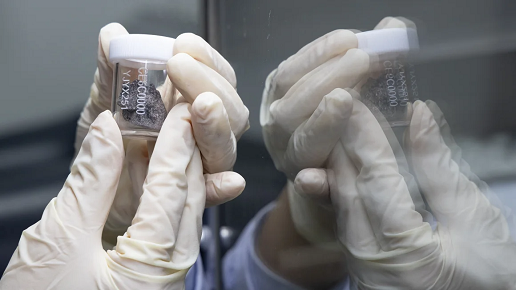According to the Philippine Daily Inquirer, the Department of Health (DOH) has strongly encouraged parents to have their children vaccinated against COVID-19 as the rollout of pediatric vaccine for children aged 5 to 11 begins today, Monday.
"Vaccination will protect them against severe types of COVID-19 disease and add an extra layer of protection as they begin face-to-face schooling soon," the Department of Health said on Sunday.

Children are encouraged to get vaccinated with parents’ consent, but it is not compulsory in the Philippines. (Photo / Retrieved from Pixabay)
Vaccination is not required, according to Health Undersecretary Myrna Cabotaje.
Read More: “2022 New Taipei City Lantern Festival” has officially started at the New Taipei Metropolitan Park
"Parents will grant their approval. In an interview with radio station dzMM on Sunday, Cabotaje added, "We will also explain to the child what would happen during immunization, what we will give them, the benefits of the vaccine and its side effects."
More than 8.7 million children have been vaccinated against COVID-19 worldwide, according to the DOH, and "there have been no reports of vaccine-related deaths."
It stated that 97.5 percent of those who were vaccinated had no side effects, 2.4 percent had minor side effects, and 0.00013 percent had major adverse events such as myocarditis or pericarditis, but that all of them recovered totally.
Since the launch in October, 77 percent of the target demographic of 12- to 17-year-old adolescents has been vaccinated, according to the DOH.
Read More: New immigrant from Indonesia demonstrates how to cook mouthwatering “Indonesian beef soup”
Meanwhile, Education Secretary Leonor Briones said during a press conference on Friday that she had received letters urging the Department of Education (DepEd) to halt the pediatric vaccination program.
Because it was a health issue, Briones stated she would refer the case to the Department of Health.
"Parents have a decision to make. "They don't have to get [their children] vaccinated if they don't want to," she explained.
"Those who are unsure have a decision to make. "However, they will not be able to engage in face-to-face lessons since it is a really crucial policy step for us," Briones explained.







